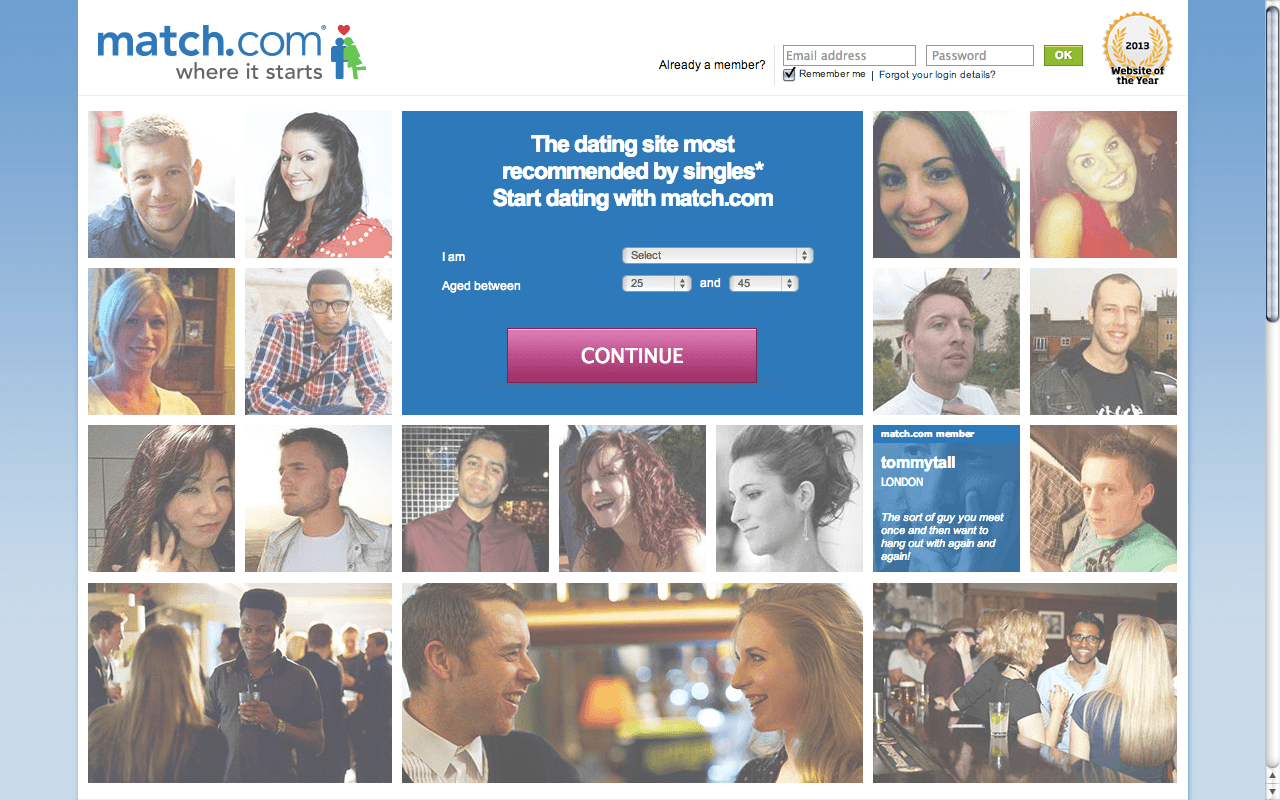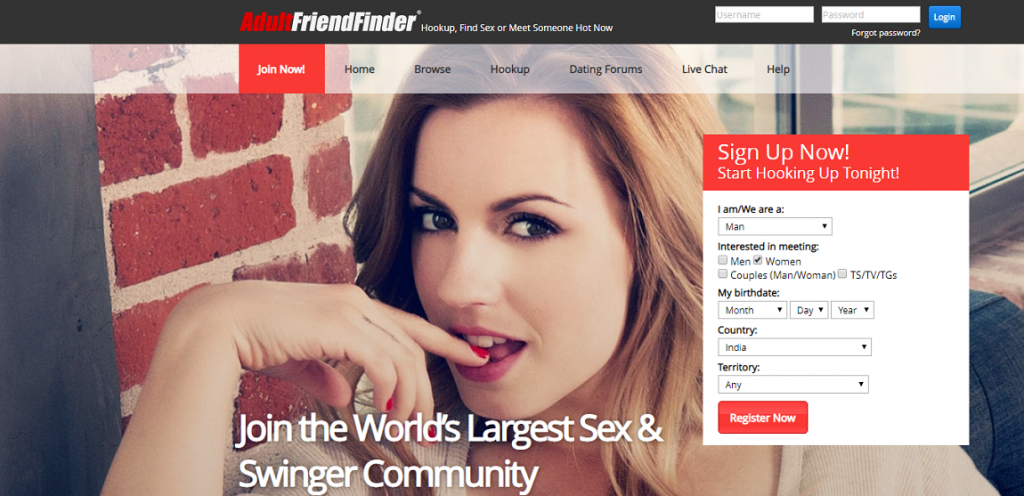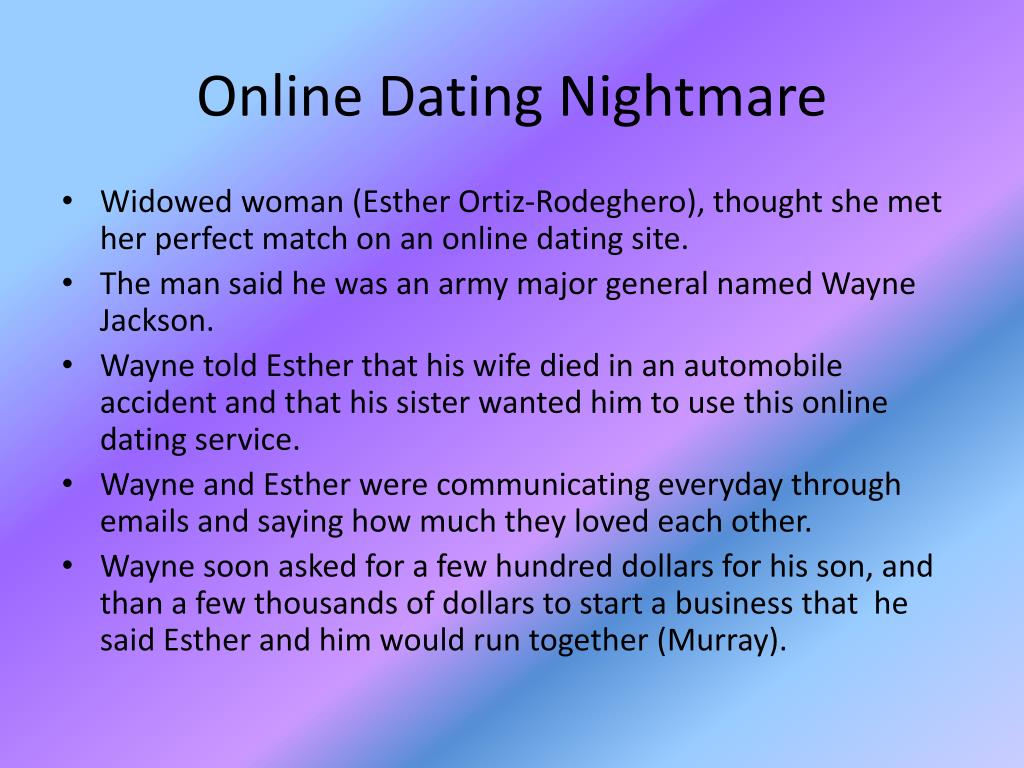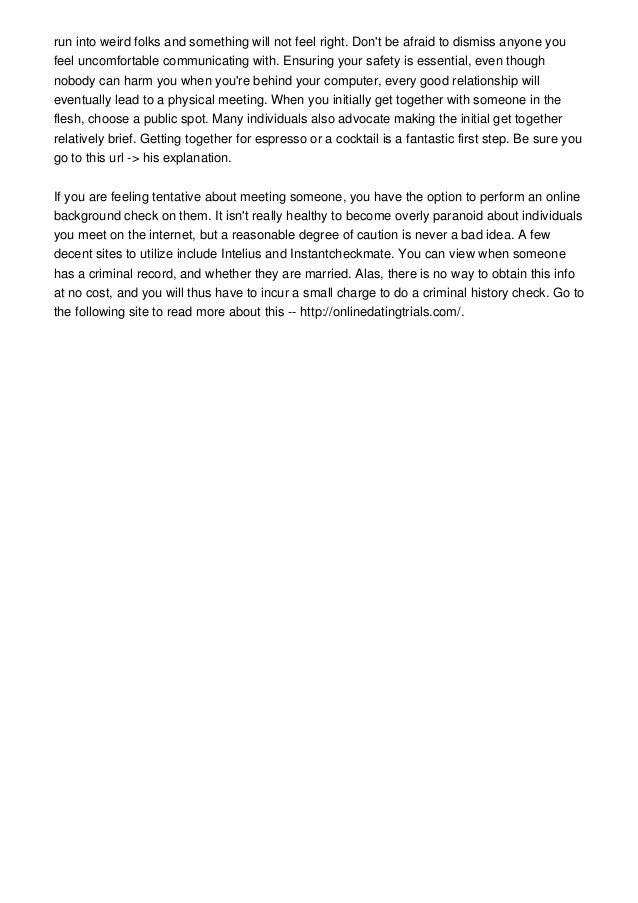
· Conroy-Beam’s algorithm assumes that all preferences are weighted evenly, which might not be the case. If physical attraction matters much more to you than kindness then · When It Comes To Romantic Attraction, Real Life Beats Questionnaires. Dating sites claim to winnow a few ideal suitors out of a nigh-infinite pool of chaff. But the matches these algorithms offer AdWonderful, Kind, International Singles Looking For A Relationship. Sign Up For Free. Foreign Love On Dream Singles Ready To Chat. Browse Now. Click Now To Sign Up For Free
Dating apps are awful. But this algorithm offers just one match: your “backup plan.” - Vox
This website is produced by BBC Global News, a commercial company owned by the BBC and just the BBC. No money from the licence fee was used to online dating analyzing the algorithms of attraction this website. In one night, Matt Taylor finished Tinder. He ran a script on his computer that automatically swiped right on every profile that fell within his preferences.
Nine of those people matched with him, and one of those matches, Cherie, agreed to go on a date. Fortunately Cherie found this story endearing and now they are both happily married.
If there is a more efficient use of a dating app, I do not know it. Taylor clearly did not want to leave anything to chance. Why trust the algorithm to present the right profiles when you can swipe right on everyone?
No one will be able to repeat this feat, though, as the app is more secure than it was several years ago and the algorithm has been updated to penalise those who swipe right on everyone. Or so people believe, online dating analyzing the algorithms of attraction. For those who might struggle with "packet sniffing" — the means by which Matt gamed Tinder — the tantalising promise that maybe, by putting our faith in an algorithm, an app or website might be able to find the right person is thoroughly appealing.
Like most things that we wish we had, I think it deserves particular scepticism when someone claims they can do it. Lots of apps and websites claim to be able to use data to sort through profiles for better matches. By completing their personality tests, they say they can save your thumb the effort of swiping. The issue for scientists who might want to investigate their data, and journalists who want to fact-check their claims, is that the algorithms are the intellectual property of these companies, so they are not publicly available.
Their entire business is based on developing smart match-making algorithms and keeping their formulas private. So what do scientists do if they want to investigate predictors of attraction? They make their own. Lots of apps and websites claim to be able to use data to sort through profiles for better matches, online dating analyzing the algorithms of attraction, do they work? In one example, Joel and colleagues asked people to complete a online dating analyzing the algorithms of attraction about themselves and what they were looking for in a partner.
Some of the questions were very similar to what you might expect on any dating website, and many more went way beyond, online dating analyzing the algorithms of attraction. In all, they completed more than traits and preferences. Then, after a series of four-minute-long speed dates, they were asked if they had romantic interest in any of the other daters. Now, the researchers had all three things they needed to be able to predict romantic desire.
The first is actor desire, or, on average how much people liked their dates compared to others. This captured how choosy each person was. Did they click with a lot of people or did they find it hard to feel chemistry?
By comparing daters to each other on choosiness the researchers could control for people who might make a lot of potential connections mostly because they were quite open-minded about who they would like to date.
Second is partner desire, or, how much did people like you compared to their other dates. The reverse of actor desire, this is a measure of average attractiveness. They are not saying they will filter your pool so you only have attractive people to choose from. Joel found that her algorithm could predict actor desire and partner desire, online dating analyzing the algorithms of attraction not compatibility. Not even a little bit. This might sound like a bit of a head scratcher, but, Joel says that her algorithm would have been better off using mean results for every dater rather than offering a tailored response.
My rating of whether I found you funny after meeting you will predict whether I like you, but my desire for a funny person and your measure of whether you are funny do not because we might not agree on a sense of humour. Another team of researchers seem to have online dating analyzing the algorithms of attraction predicted romantic desire using an algorithm.
Picture a house filled with potential dates. The higher up in the house someone is, the kinder they are. The further towards the back, the funnier.
The further to the right, the more physically attractive, and so on until you have collected data on 23 different preferences. Now, depending on your preferences, you can imagine your perfect partner is standing somewhere near the bathroom sink, for example. There might be other people nearby, who would be nearly as attractive. There might be someone even funnier and more beautiful than them, but a little less kind, stood in another room downstairs.
That is how Dr Daniel Conroy-Beam, an assistant professor from the University of California Santa Barbara, US, describes the algorithm. The distance between a potential partner and your idealised partner in your hypothetical house was the best predictor for attraction.
In this particular study the daters were presented with fake profiles of made-up people, not real potential dates. Although, Conroy-Beam points out, people judge online profiles before they have a chance to meet or even talk to their potential dates, so you could consider online profiles hypothetical, up to a point.
If physical attraction matters much more to you than kindness then perhaps that person waiting downstairs is a better candidate after all. Clearly, having a list of preferences makes things complicated. In what order do you rank them? Are your assessments of your qualities the same as mine? All of this makes predicting romantic interest difficult. Perhaps a more straightforward option is to look at deal-breakers — what would rule someone out for you? After whittling their choices down to a favourite, the researchers offered to swap their contact details.
However, at the same time they were shown a bit more information about their chosen partner, which included the fact that they had two deal-breaker qualities. They were prepared to overlook them. It turns out, online dating analyzing the algorithms of attraction, when presented with an opportunity to meet someone who is supposed to be interested in us, we are much more flexible about who we are interested in.
We hardly broadcast our less desirable qualities at the first opportunity. Often deal-breakers only show up after the first date — so how are you supposed to know is someone is a turn-off unless you meet them? Why might we not strictly observe our deal-breakers? People feel like they need to be choosy because that is our culture. But realistically people are pretty open to a broad range of partners. At one end of the online dating spectrum are sites like Match, online dating analyzing the algorithms of attraction.
com and eHarmony who, as part of the registration process, online dating analyzing the algorithms of attraction, ask users to complete reasonably extensive questionnaires. These sites hope to reduce the amount of sorting the user needs to do by collecting data and filtering their best options.
We start with questions, although these have changed and been refined over time based on machine learning. Then, marriage was much more important.
This shift has reflected the slight change in attitudes over the past two decades. As our algorithm demonstrates, kindness is still really important.
More than being highly sexualised — that tends to not work so well. The data also suggests that being very, very attractive as a man offers no advantages over being fairly average. Women like men who rate themselves as five out of 10 as much as men who think they are 10 out of 10s, whereas men would ideally date someone who self-rates their physical appearance as eight out of At the other end of the spectrum, apps like Tinder and Bumble ask for very little in the way of preferences before they start to show you profiles: usually, the gender of the person you are interested in, an age range and distance from where you live.
I might not have a lot of insight into what I find attractive and what I am actually like. We have different sets of preferences depending on whether we are looking for something long-term or short-term, Conroy-Beam says. Generally speaking, when were are only interested in short-term relationships we prioritise physical attraction, whereas for long-term relationships kindness and other signals that someone would be caring are a greater priority.
But, Conroy-Beam says that other preferences also imply whether we are looking for the one, and these preferences can be grouped into sets, online dating analyzing the algorithms of attraction.
Online dating has given us so many benefits. But it has also created a sense that we are all superficial and shallow. The important thing to stress is that this takes time. Perhaps, then, romantic desire cannot be accurately predicted before you have a chance to speak to or meet your potential partners. We are still reliant on being able to pick up on intangible cues from talking to each other, but at least there is some evidence that good guesses can be made about who we might generally be suited to.
Join one million Future fans by liking us on Facebookor follow us on Twitter or Instagram. If you liked this story, sign up for the weekly bbc. A handpicked selection of stories from BBC Future, Culture, Worklife, and Travel, delivered to your inbox every Friday. Home News Sport Weather iPlayer Sounds Bitesize CBeebies CBBC Food Home News Sport Reel Worklife Travel Future Culture TV Weather Sounds Close menu.
What is BBC Future? Future Planet Inner Space Follow the Food Health Gap Family Tree Best of BBC Future Food Fictions Towards Net Zero Latest. Modern Love Relationships. How dating app algorithms predict romantic desire. Share using Email. By William Park. Online dating might not help you to find the one. But the data from dating apps offers some tantalising insights. Successful predictions Another team of researchers seem to have successfully predicted romantic desire using an algorithm.
But realistically people are pretty open to a broad range of partners — Samantha Joel. I would argue Tinder is much better because they are showing you online dating analyzing the algorithms of attraction and asking if you like them — Samantha Joel.
The Algorithms Powering Tinder and Online Dating
, time: 10:48Online dating: The technology behind the attraction | Computerworld

· Although many dating sites tout the superiority of partner matching through the use of “scientific algorithms,” the authors find that there is little evidence that these algorithms · Although many dating sites tout the superiority of partner matching through the use of “scientific algorithms,” the authors find that there is little evidence that these algorithms · Online dating sucks because of the algorithms not the people. Dating is a numbers game. Machines with Brains explores how technology is changing humanity, through personal stories of humans living
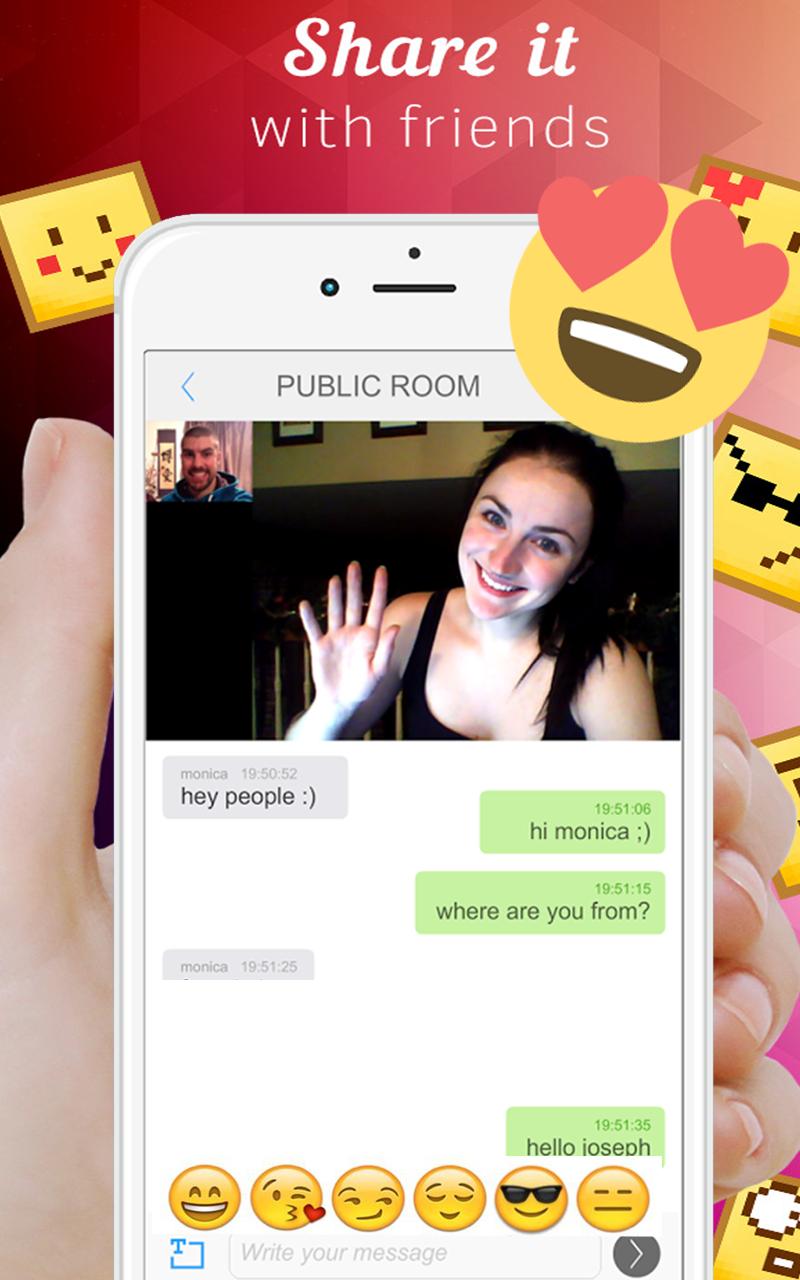

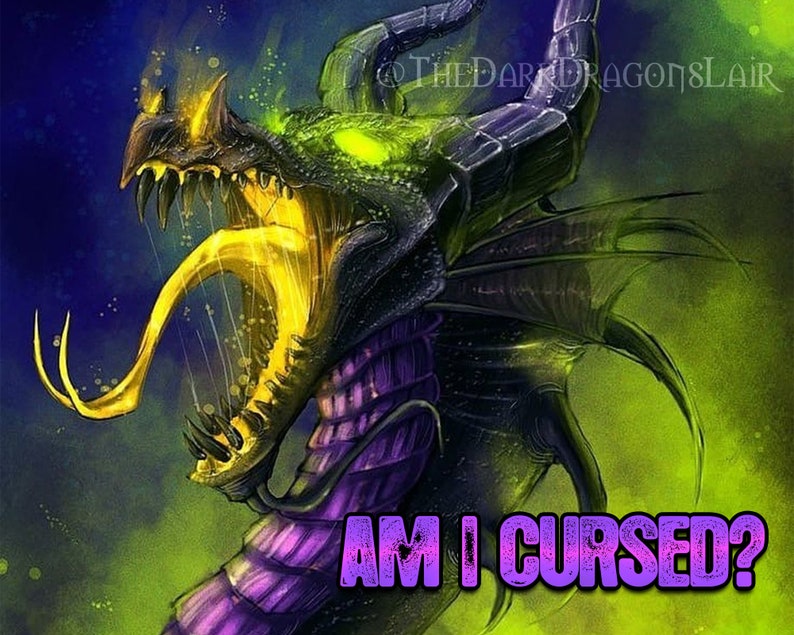










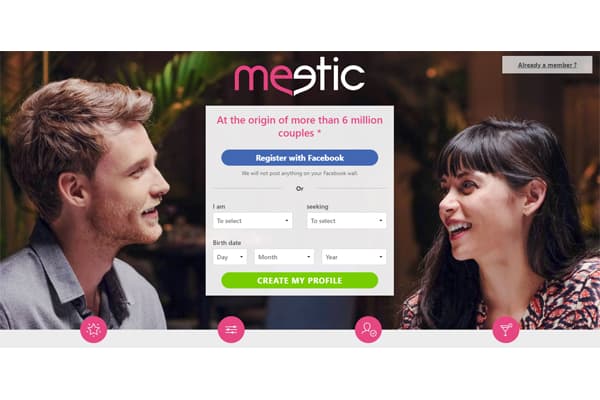
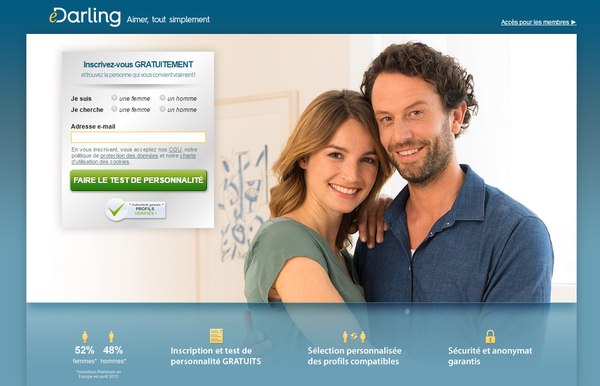



![7 Best Farmers Dating Sites for Cowboys and Country Singles [] | Ryan Hart farmers com online dating](https://cdn.apkmonk.com/images/com.farmersmatch.png)


